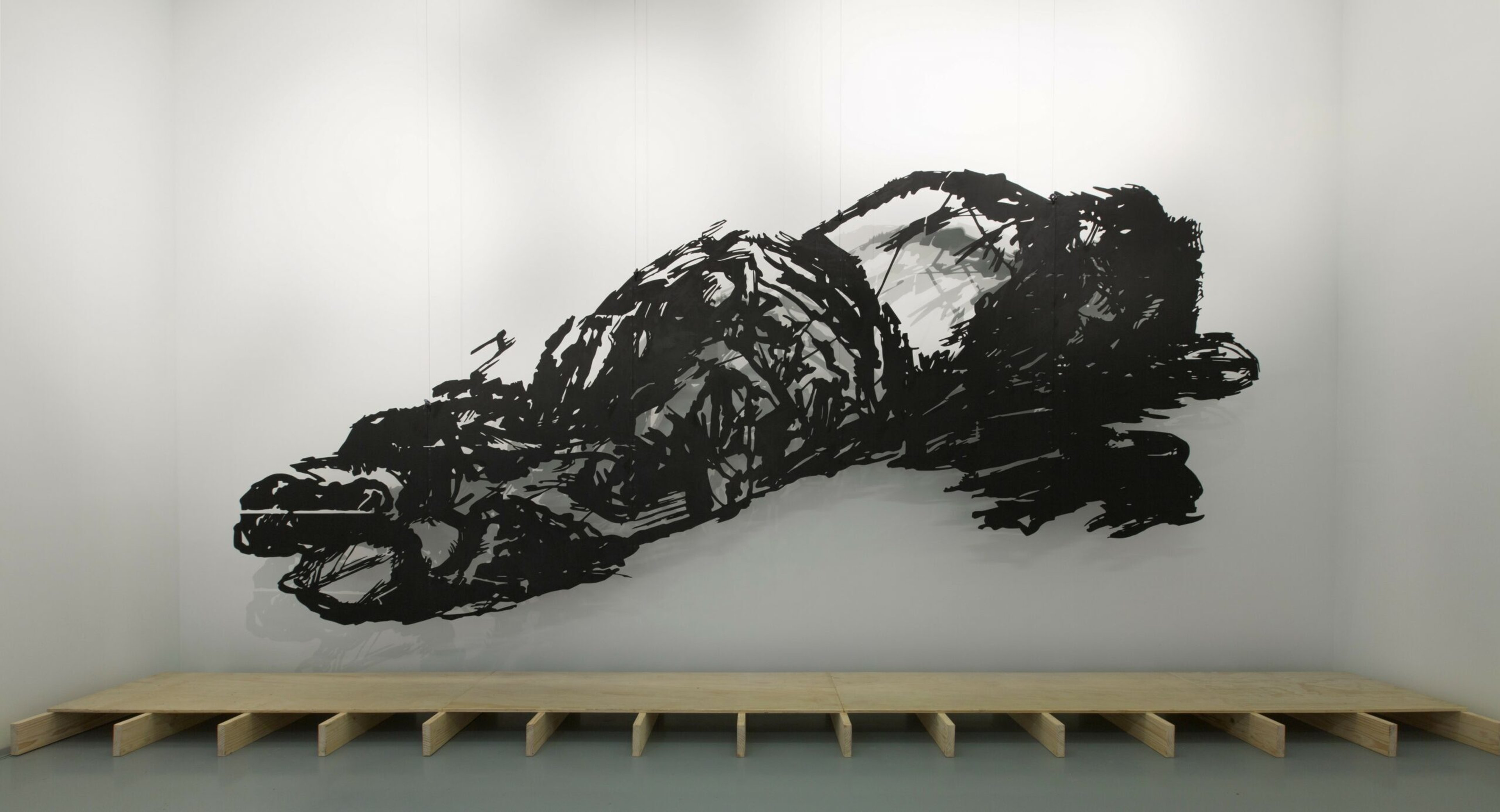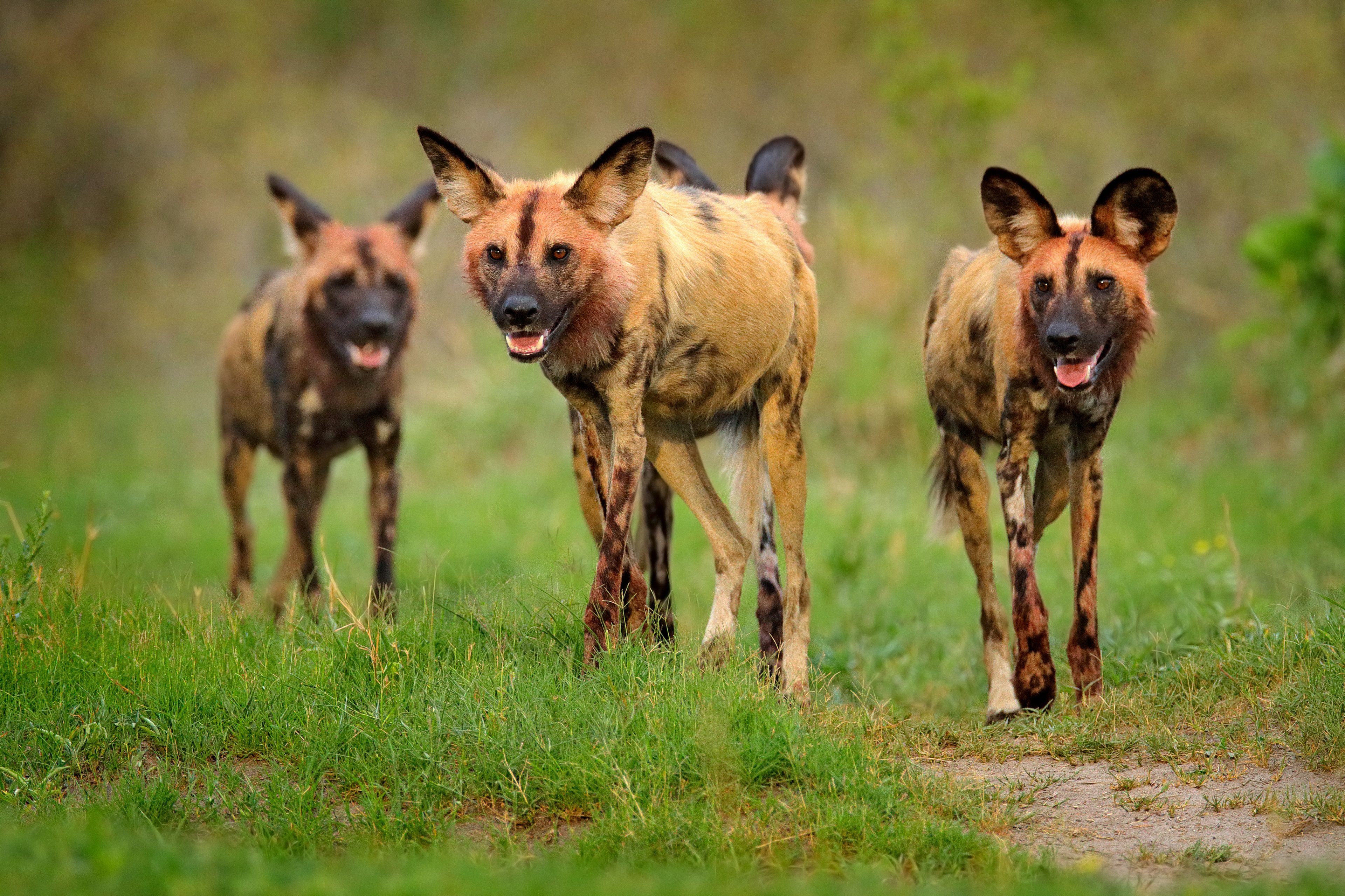“I use my drum to tell my story and my people’s stories. My roots shaped me, and my culture is here to stay with me.” – Kasiva Mutua
As a Zimbabwean and founder of ROAR AFRICA, the empowerment and advancement of African women anchors my life’s work. The safari industry is heavily male-dominated, and African culture can be deeply patriarchal. And yet, behind every successful safari, you find women. Women are piloting planes, protecting wildlife, powering anti-poaching efforts, and running lodges. These powerhouse females are my why. They fuel ROAR AFRICA’s belief that “If African women rise, wildlife will thrive” – a conviction reinforced each year by our annual Women’s Empowerment Retreat (the 2023 trip will take place in Zimbabwe from April 11th to 17th).
Beyond my industry, women continue to combat issues like climate change, poverty, misogyny, and the age-old taboos holding them back from full, active participation in their communities and society. The winds of change are blowing slowly across my home continent, and women are steadily marching to the beat of their own drums.
Beating the odds
In Africa, drumming is a male activity. To chant, drum and sing can be a powerful act of celebration, of resistance, and a show of strength. Unfortunately, this strength has long been associated with masculinity, and in many countries, women are discouraged, if not outright banned as they are in Burundi, from beating drums. To exclude women from drumming, a centuries-old practice that accompanies major community events like marriages, births, burials, and initiation ceremonies, is to exclude an entire gender from participating in their own culture.
Kasiva Mutua – a TED fellow, past speaker at our 2021 Women's Empowerment Retreat, and future speaker at Into the Wild with David Whyte – is Kenya’s most famous female drummer and percussionist. She was born with rhythm. As a child, her grandmother encouraged listening to the noises of nature – the trills of birds, chirping crickets, and the howl and whoosh of the wind. Mutua would beat the sound and tempo of her surroundings onto plates and surfaces and even her own chest with tiny, childlike hands. To drum felt innate. And yet, her musical talent was met with disapproval and discouragement. It was taboo.
But it is women like Kasiva Mutua who are teaching and mentoring the next generation of male and female drummers. In 2017, Mutua founded MOTRA (for “mo”dern and “tra”ditional rhythms), an all-female drumming and percussion group that promotes and preserves this cultural art in the face of a society turning away from tradition. The responsibility of being a bearer of culture is one Mutua shoulders with joy.
Custodians of culture
“The drum is disappearing from the music scene. Inspired by the need to preserve this culture, I am teaching the significance and importance of the drum to young boys, women, and girls.” – Kasiva Mutua
Alongside the sisterhood of percussionists at MOTRA, women across Africa continue to bravely buck resistance and form drumming communities. In 2004, a decade after the genocide, Odile Gakire Katese created Ingoma Nshya, Rwanda’s first all-female drumming group. Within Ingoma Nshya, you’ll find both Hutu and Tutsi women drumming together to promote peace and reconciliation in their country and spur social and financial empowerment. In Guinea, the women of Nimbaya! play the djembe drum and challenge cultural norms in front of massive audiences. Nigerian musician Aralola Olamuyiwa, known as Ara, has performed with her talking drum or dùndún – an incredible West African instrument with a pitch that can match the rhythms of speech – all over the world. The movement of women beating drums and defeating stereotypes is growing, and patriarchal mindsets are slowly moving forward with them. And while using this lens of music to examine African women’s advancement and achievements may seem narrow, it’s an apt one. Drums are integral to African culture. Aren’t women a part of that culture?
“Women can be custodians of culture, too. My drum and I, we are here to stay.” – Kasiva Mutua




